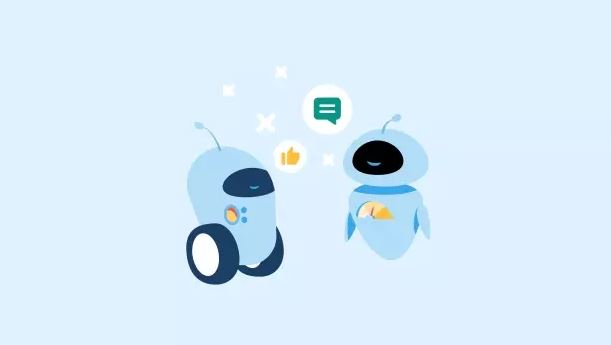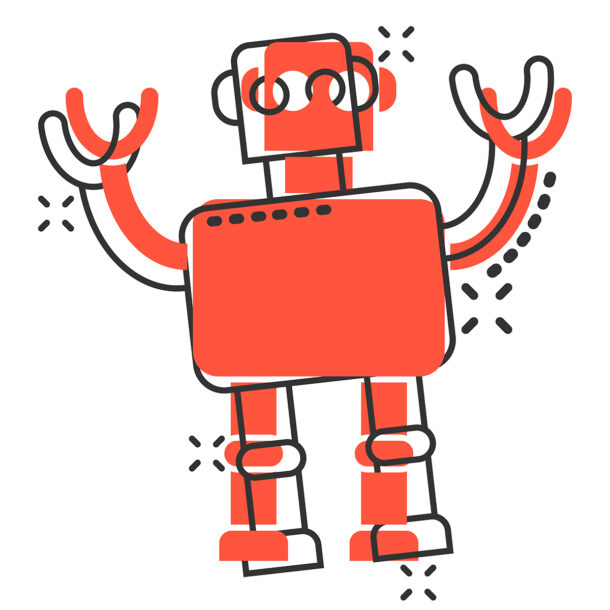Introduction
What at are the 4 types of chatbots? In the digital age, chatbots have become an integral part of the way businesses communicate with their customers. From customer support to marketing, chatbots are revolutionizing the way businesses operate. Understanding the different types of chatbots and their applications is essential for any business looking to harness the power of this technology. In this article, we will delve into the four main types of chatbots and explore how they can be effectively implemented to enhance business operations and customer experience.
I. Understanding Chatbots
Chatbots are automated programs designed to engage in conversation with human users through text or voice interactions. They can be integrated into websites, applications, and social media platforms. Here are some key aspects of chatbots:
- Functionality: Chatbots can perform various functions such as answering queries, scheduling appointments, and providing product recommendations.
- Automation: They automate repetitive tasks, freeing up human resources for more complex tasks.
- Customer Engagement: Chatbots can engage customers in real-time, providing instant support and information.
Understanding the different types of chatbots is crucial for selecting the right chatbot for your specific needs.
II. What at are the 4 types of chatbots?
A. Scripted or Rule-Based Chatbots
Scripted chatbots are the most basic type of chatbots. They operate based on a predefined set of rules and scripts.
- Functionality: They can answer questions and perform tasks based on the scripts they are programmed with.
- Limitations: They cannot handle queries outside their programming and may not provide the most human-like interactions.
- Use Cases: They are best suited for simple tasks such as FAQs or form submissions.
B. Intelligent Chatbots
Intelligent chatbots use Artificial Intelligence (AI) and Machine Learning (ML) to learn from interactions and improve over time.
- Learning Capability: Unlike scripted chatbots, intelligent chatbots can learn and adapt to new queries and responses.
- Natural Language Processing (NLP): They use NLP to understand and process human language, allowing for more natural interactions.
- Use Cases: Customer support, personal assistants, and data analysis.
C. Application-Specific Chatbots
These chatbots are designed for specific applications or tasks.
- Specialization: They specialize in specific domains such as finance, healthcare, or e-commerce.
- Integration: They are often integrated into specific platforms or applications.
- Use Cases: Booking appointments, processing payments, or providing medical advice.
D. Hybrid Chatbots
Hybrid chatbots combine features of scripted and intelligent chatbots.
- Flexibility: They can follow scripts but also learn and adapt over time.
- Customization: Businesses can customize hybrid chatbots to meet specific needs.
- Use Cases: Customer support, sales, and multi-domain applications.
III. Implementation and Integration
Implementing and integrating chatbots requires careful planning and consideration.
- Selecting the Right Chatbot: Choose a chatbot type that aligns with your business needs and goals.
- Platform Integration: Integrate the chatbot into your website, application, or social media platforms.
- Testing and Optimization: Continuously test and optimize the chatbot for better performance and user experience.
IV. Challenges and Limitations of Chatbots
While chatbots offer numerous benefits, they also come with challenges and limitations.
- Understanding Human Language: Chatbots may struggle with understanding slang, accents, or complex sentences.
- Privacy and Security: Ensuring the privacy and security of user data is crucial.
- Costs: The costs of developing and maintaining chatbots can be high, especially for advanced chatbots.
V. Future of Chatbots
The future of chatbots ispromising, with advancements in AI and ML leading to more sophisticated and human-like interactions.
- Personalization: Future chatbots will offer highly personalized experiences based on user preferences and behavior.
- Voice-Enabled Chatbots: With the rise of voice search, chatbots will increasingly become voice-enabled.
- Multilingual Support: Chatbots will support multiple languages, catering to a global audience.
VI. User Experience with Chatbots
Enhancing user experience is paramount for the success of chatbots.
- Responsive Design: Chatbots should be responsive and work seamlessly across devices.
- Human-like Interaction: Chatbots should be designed to mimic human conversation as closely as possible.
- Feedback Mechanism: Implementing a feedback mechanism allows users to rate and review their experience with the chatbot.
VII. Conclusion
OK, what at are the 4 types of chatbots? Understanding the four types of chatbots – scripted, intelligent, application-specific, and hybrid – is essential for businesses looking to leverage chatbot technology. Each type has its own set of features and applications, and choosing the right one depends on your business needs and goals.
VIII. Frequently Asked Questions
- What is a chatbot?
- A chatbot is an automated program that interacts with users through text or voice communication.
- How do intelligent chatbots differ from scripted chatbots?
- Intelligent chatbots can learn and adapt over time using AI and ML, while scripted chatbots follow predefined rules and scripts.
- Can chatbots understand and speak multiple languages?
- Yes, many chatbots are equipped with multilingual capabilities, allowing them to communicate in different languages.
- Are chatbots secure?
- Chatbot security depends on the implementation. It’s important to ensure data privacy and security when using chatbots.
- How can chatbots improve customer service?
- Chatbots can provide instant responses, automate repetitive tasks, and offer personalized customer interactions.
IX. Next Steps
Ready to explore how chatbots can transform your business? Book a demo with our chatbot experts to learn more about the power of chatbots and how they can be tailored to your business needs. Book your demo here.
X. Additional Resources
Interested in learning more about chatbots and their applications in recruitment? Check out our detailed guide on Recruitment Chatbots and discover how they can streamline the recruitment process and enhance candidate experience.


